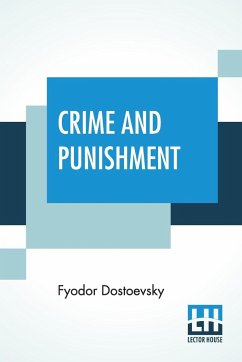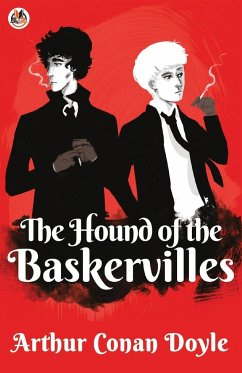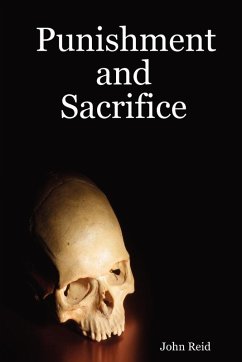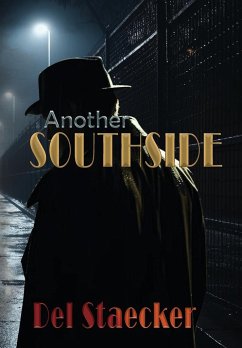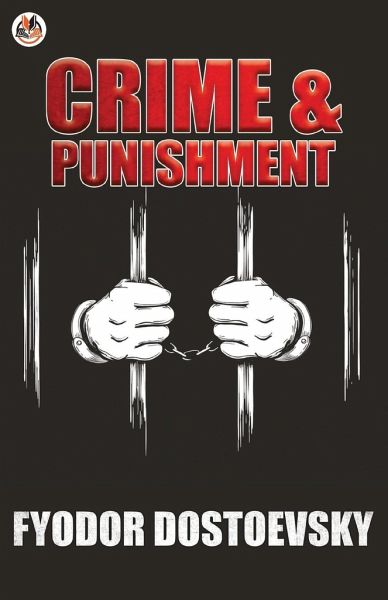
Crime and Punishment

PAYBACK Punkte
13 °P sammeln!
Crime and Punishment is about guilt and conscience. At one point in life or other, people make mistakes they aren't proud of or wish to go back in time and change them, and that's a part of being human. It is our ability to feel genuine remorse over our bad actions and voluntarily take steps to rectify those mistakes that lead to growth and character. The book is powerful, brilliant, and insightful in its ideas, and features an immensely engaging blend of intriguing philosophy; political, social, moral, and religious commentary, that all thread together to create a masterpiece of literature th...
Crime and Punishment is about guilt and conscience. At one point in life or other, people make mistakes they aren't proud of or wish to go back in time and change them, and that's a part of being human. It is our ability to feel genuine remorse over our bad actions and voluntarily take steps to rectify those mistakes that lead to growth and character. The book is powerful, brilliant, and insightful in its ideas, and features an immensely engaging blend of intriguing philosophy; political, social, moral, and religious commentary, that all thread together to create a masterpiece of literature that captures the deep, raw core of the human condition when it is at its most gruesome and vulnerable.




